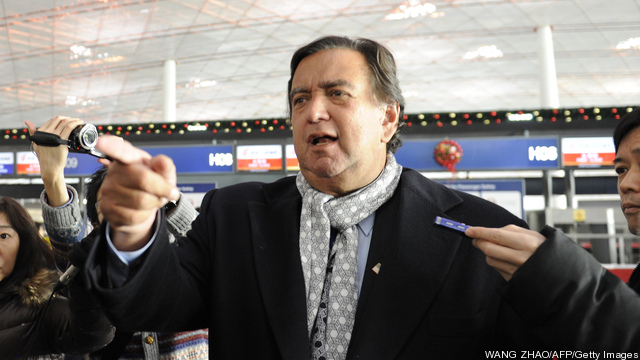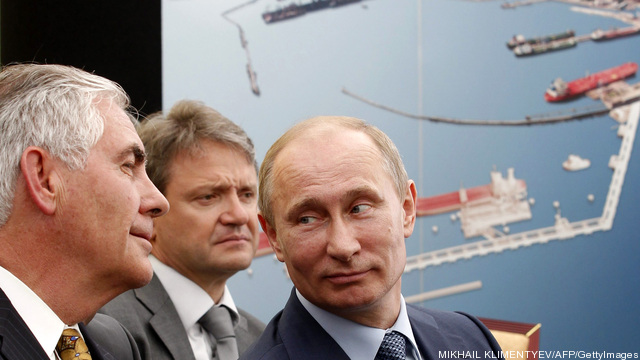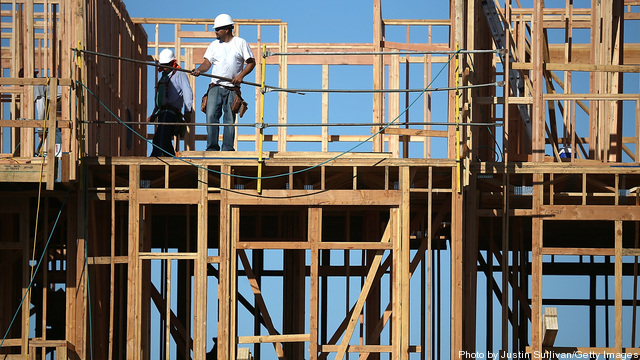
With a bipartisan majority vote of 62-37, the Senate demonstrated its support for Keystone XL pipeline construction for the first time.
On March 22, the US Senate voted in favor of an amendment that supports construction of TransCanada’s Keystone XL project, a 1,700-mile pipeline that would transport crude oil from Canada to Texas refineries. The amendment, introduced by Sen. John Hoeven (R-ND) and Max Baucus (D-Montana), passed the Senate by a 62-37 margin, with 17 Democrats joining all Republicans in the vote of support. Sen. Frank Lautenberg (D-NJ) abstained from the vote due to illness. Sens. Hoeven and Baucus also have proposed a separate bill that would facilitate Congressional approval of the project under the Commerce Clause of the Constitution, bypassing the decision-making authority of President Obama. Keep reading →









